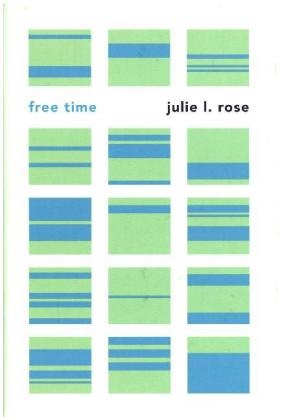Read more
Recent debates about inequality have focused almost exclusively on the distribution of wealth and disparities in income, but little notice has been paid to the distribution of free time. Free time is commonly assumed to be a matter of personal preference, a good that one chooses to have more or less of. Even if there is unequal access to free time, the cause and solution are presumed to lie with the resources of income and wealth. In Free Time, Julie Rose argues that these views are fundamentally mistaken. First, Rose contends that free time is a resource, like money, that one needs in order to pursue chosen ends. Further, realizing a just distribution of income and wealth is not sufficient to ensure a fair distribution of free time. Because of this, anyone concerned with distributive justice must attend to the distribution of free time.
About the author
Julie L. Rose is assistant professor of government at Dartmouth College.
Summary
Recent debates about inequality have focused almost exclusively on the distribution of wealth and disparities in income, but little notice has been paid to the distribution of free time. Free time is commonly assumed to be a matter of personal preference, a good that one chooses to have more or less of. Even if there is unequal access to free time, the cause and solution are presumed to lie with the resources of income and wealth. In Free Time, Julie Rose argues that these views are fundamentally mistaken. First, Rose contends that free time is a resource, like money, that one needs in order to pursue chosen ends. Further, realizing a just distribution of income and wealth is not sufficient to ensure a fair distribution of free time. Because of this, anyone concerned with distributive justice must attend to the distribution of free time.
On the basis of widely held liberal principles, Rose explains why citizens are entitled to free time—time not committed to meeting life's necessities and instead available for chosen pursuits. The novel argument that the just society must guarantee all citizens their fair share of free time provides principled grounds to address critical policy choices, including work hours regulations, Sunday closing laws, public support for caregiving, and the pursuit of economic growth.
Delving into an original topic that touches everyone, Free Time demonstrates why all citizens have, in the words of early labor reformers, a right to "hours for what we will."
Additional text
"An excellent and highly persuasive book. Lucidly written, philosophically rich, and rigorously argued, it should become an essential point of reference for future work on leisure and distributive justice."---Samuel Arnold, Journal of Politics
Report
"Free Time is well written and well argued. It contends that theories of distributive justice should think of free time as a resource all citizens should have in order to pursue their conception of the good. Few theories of distributive justice have discussed this matter and this book fills an important gap in the literature."--Jeff Spinner-Halev, University of North Carolina, Chapel Hill

